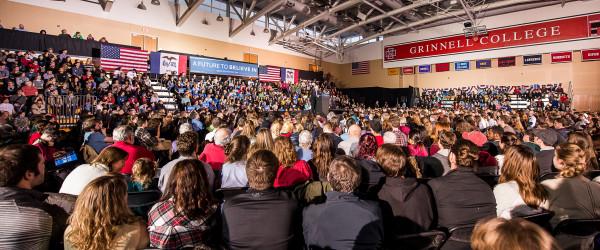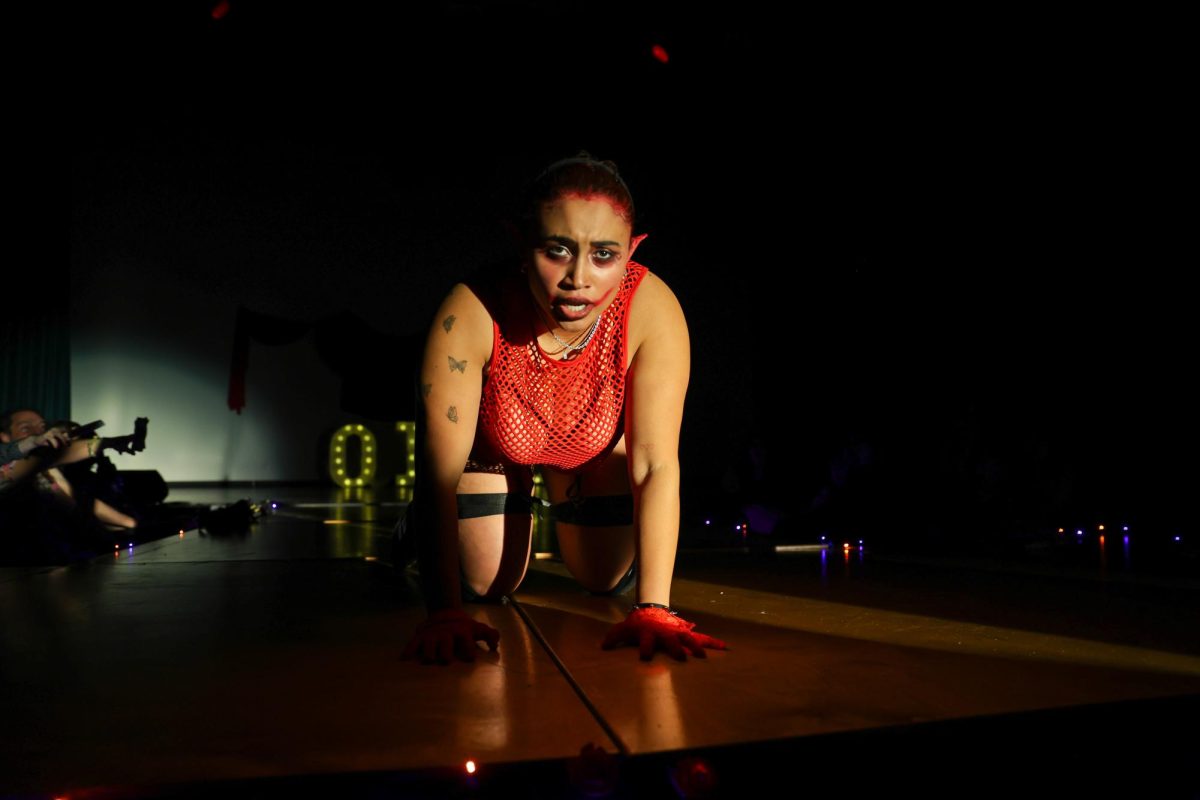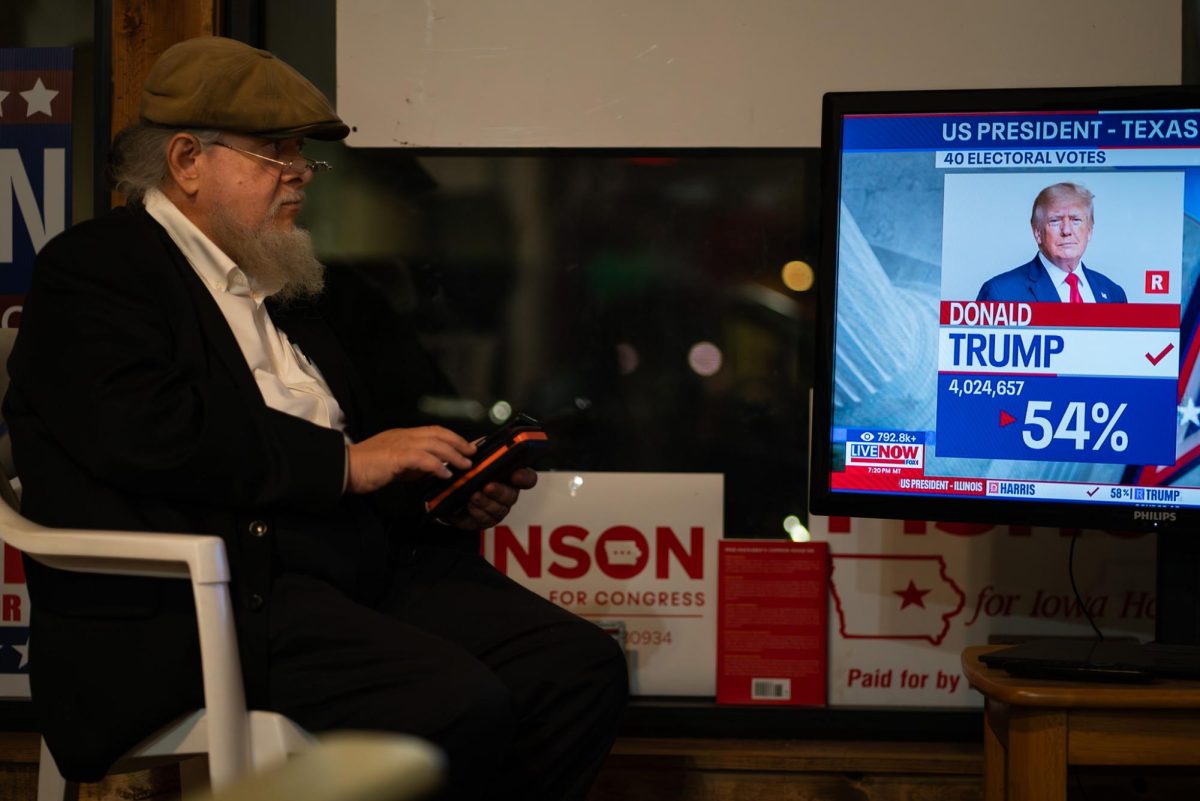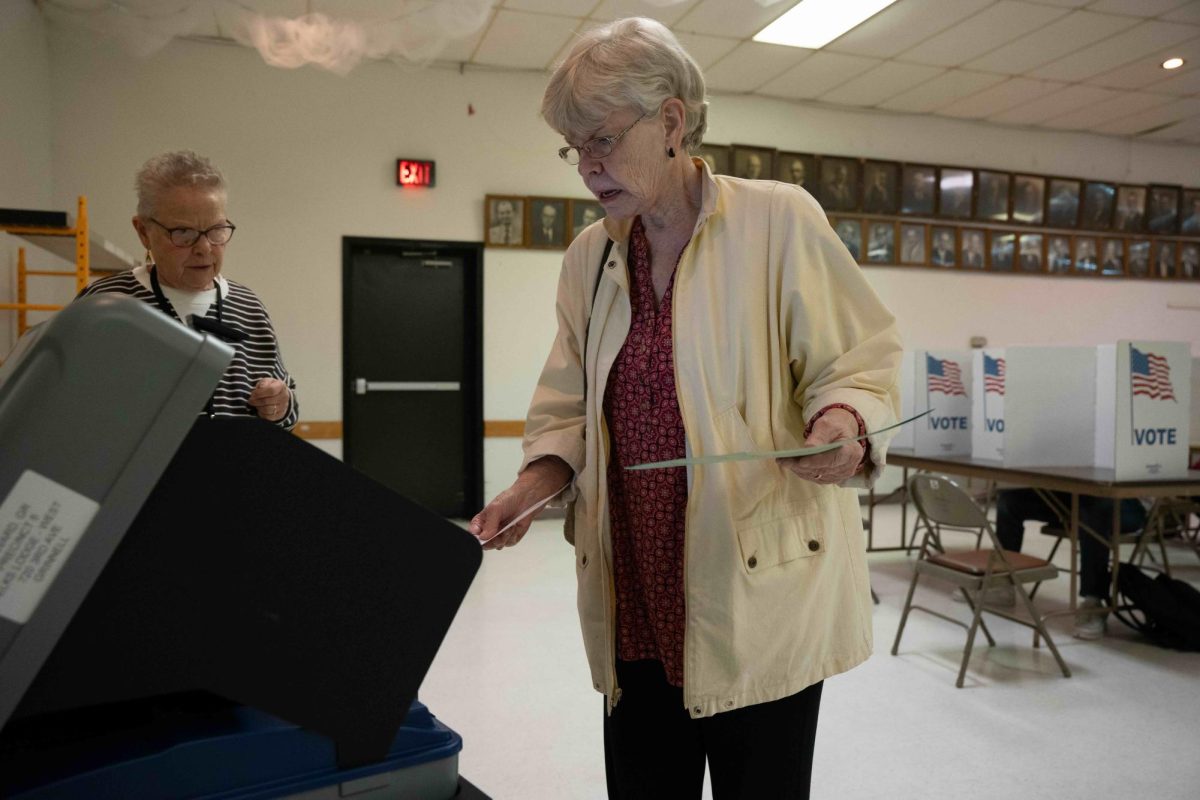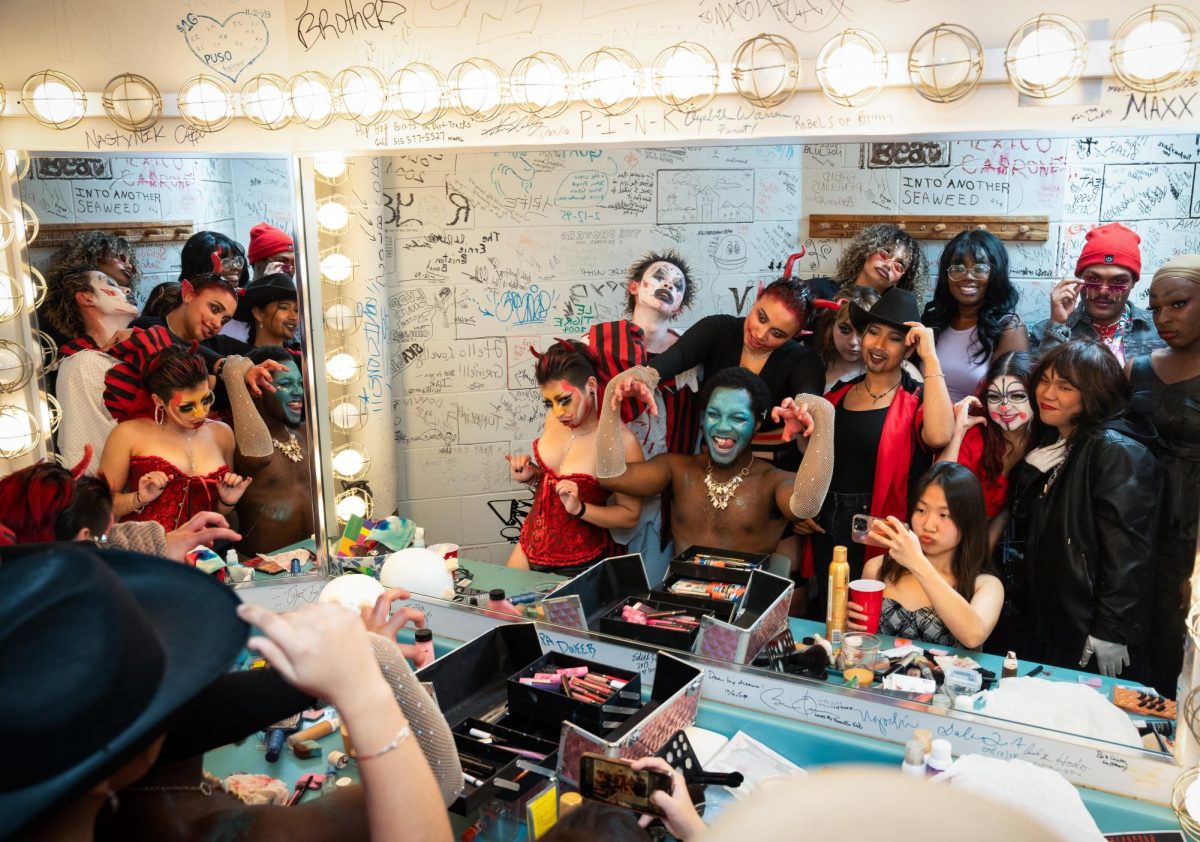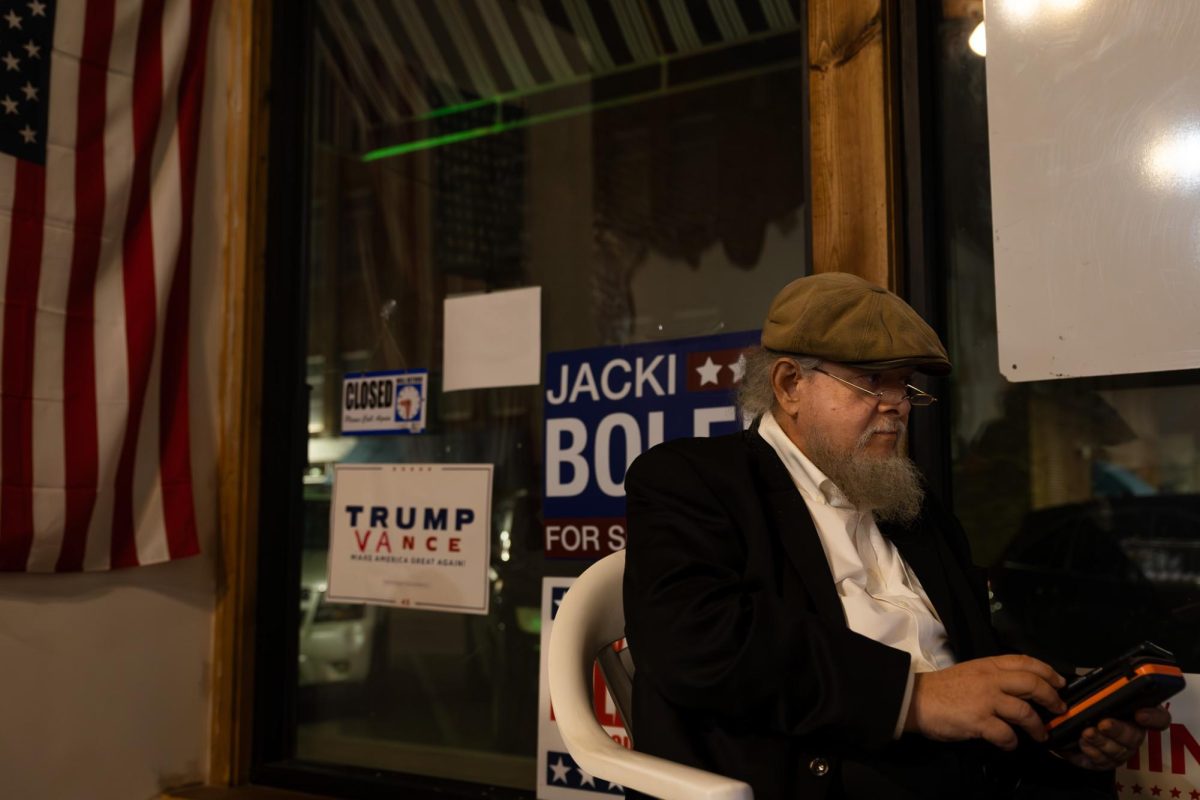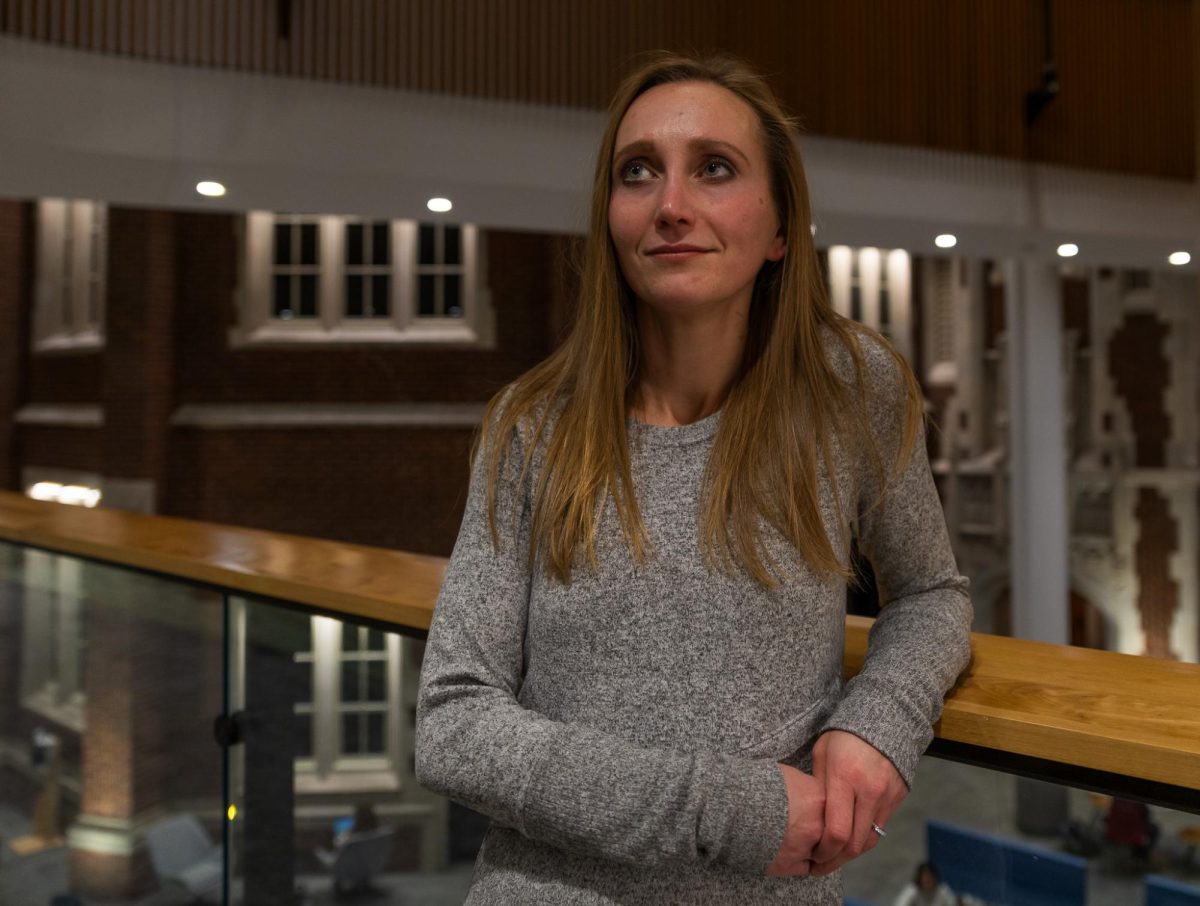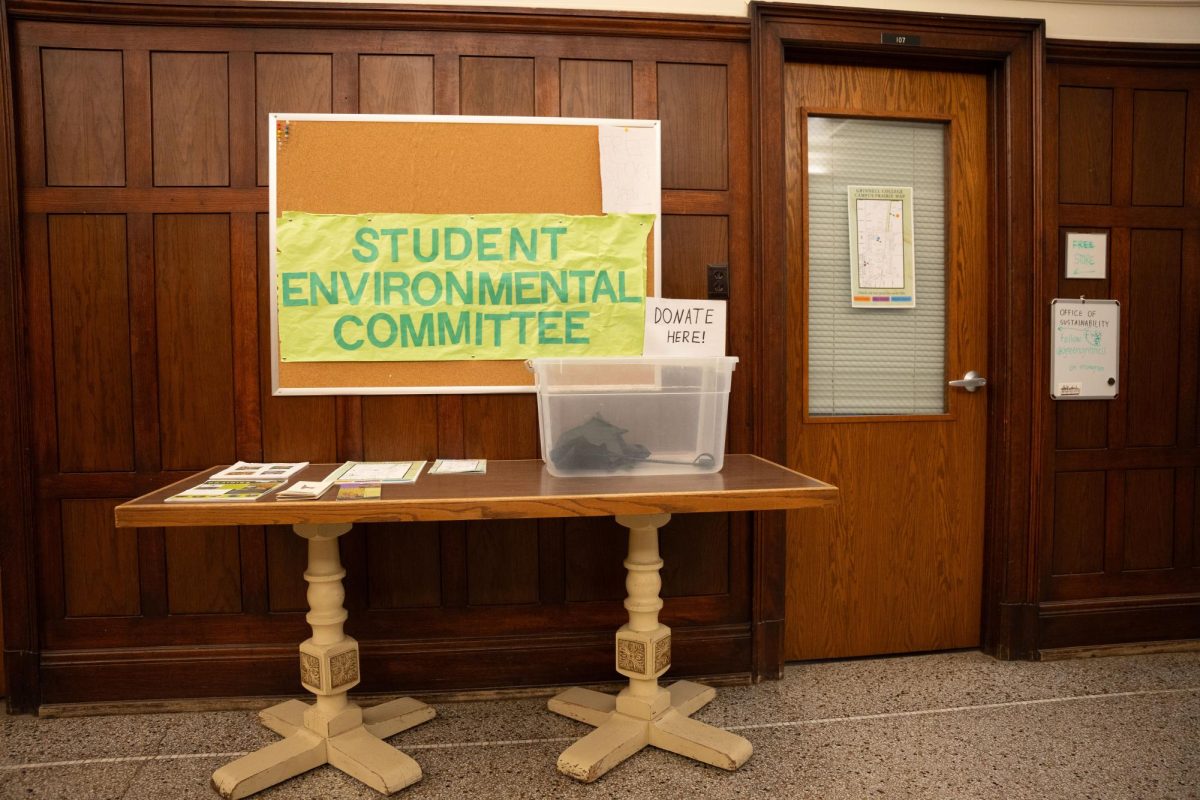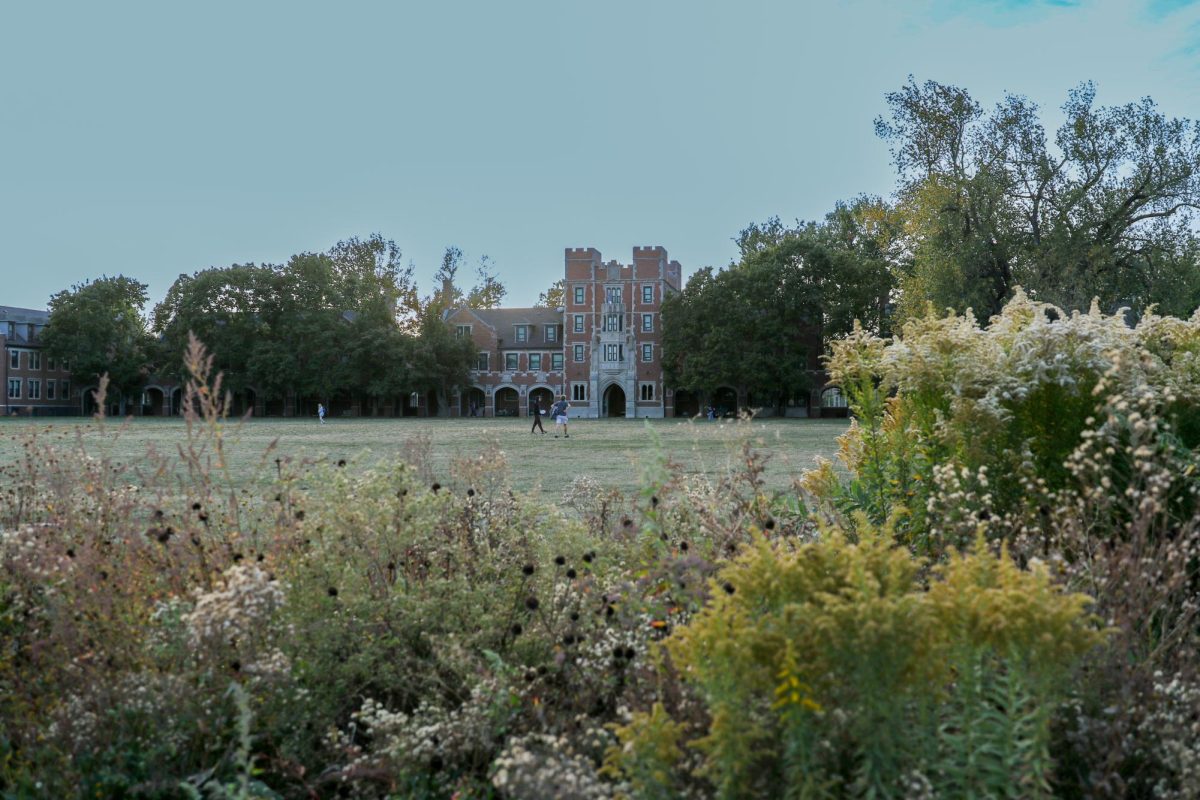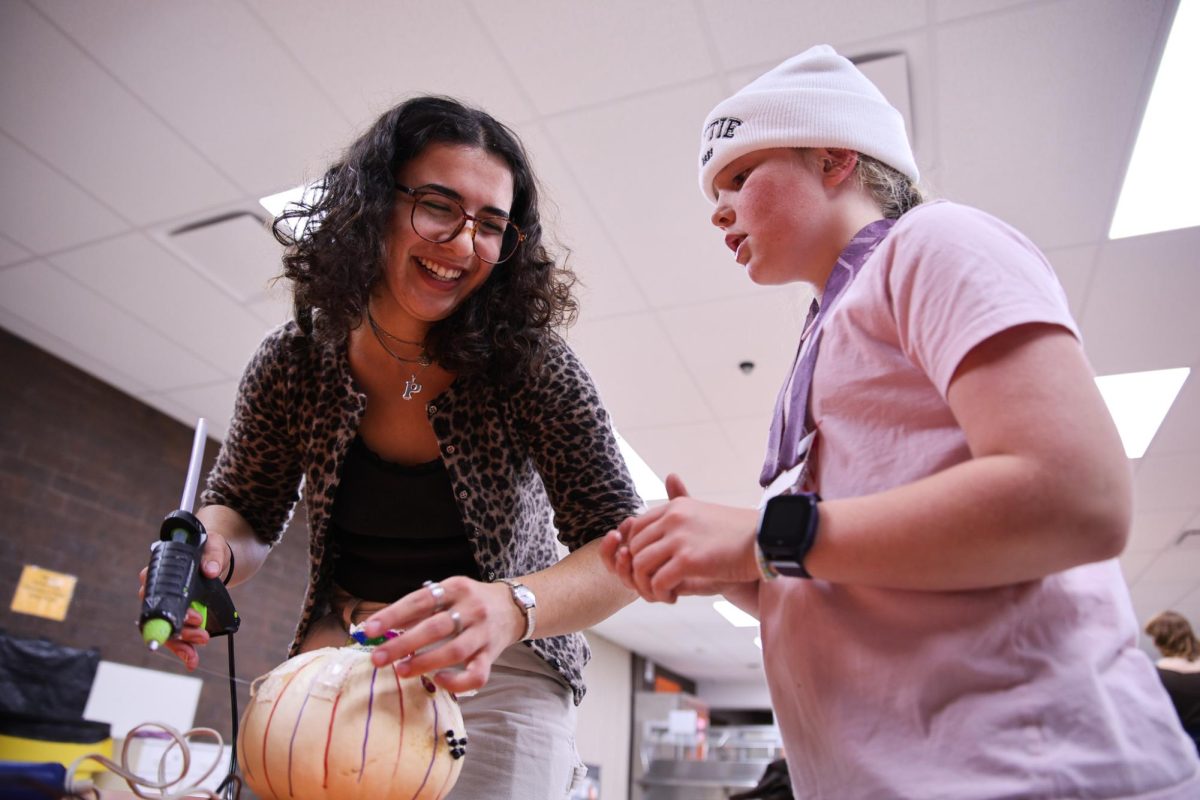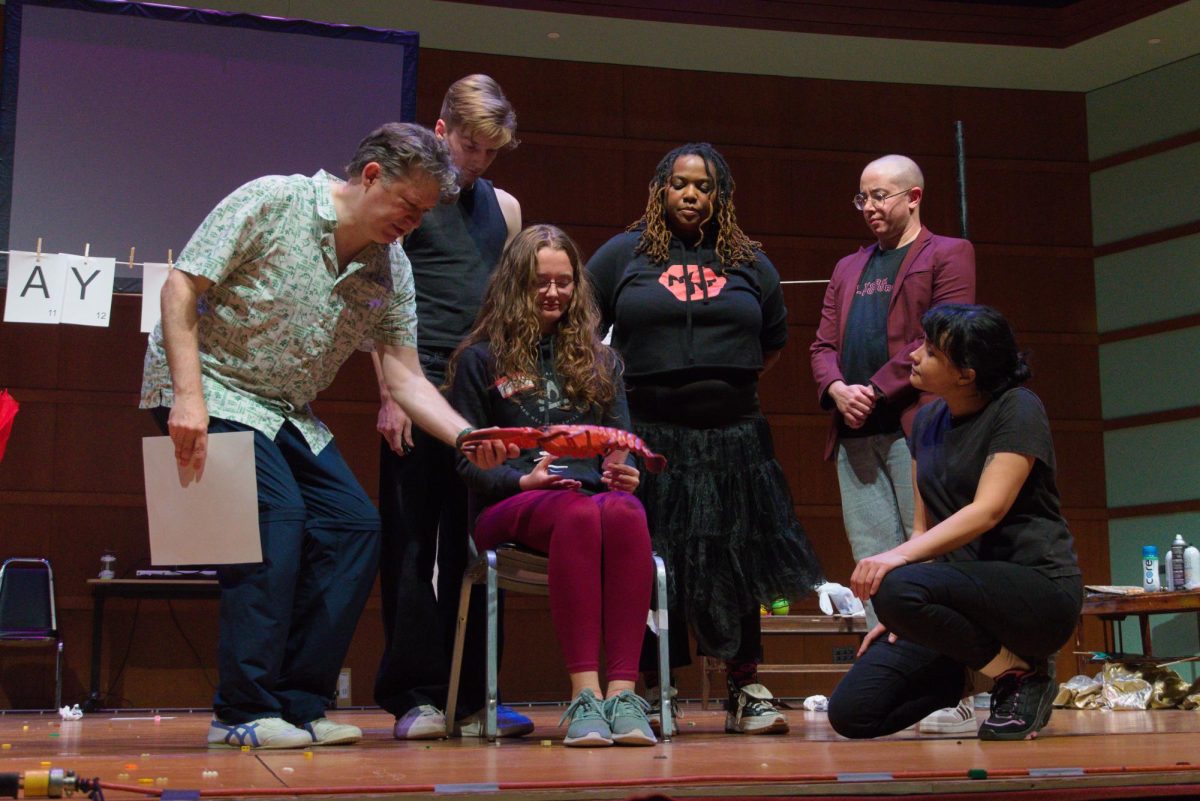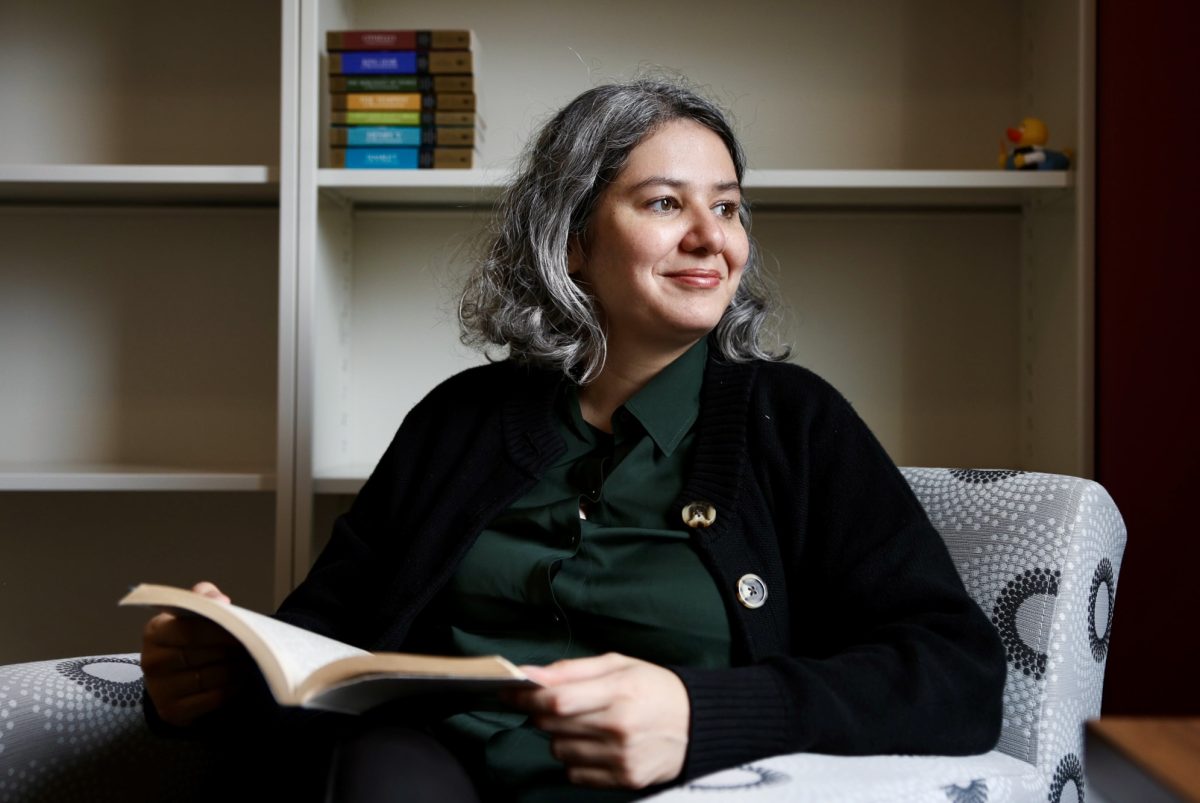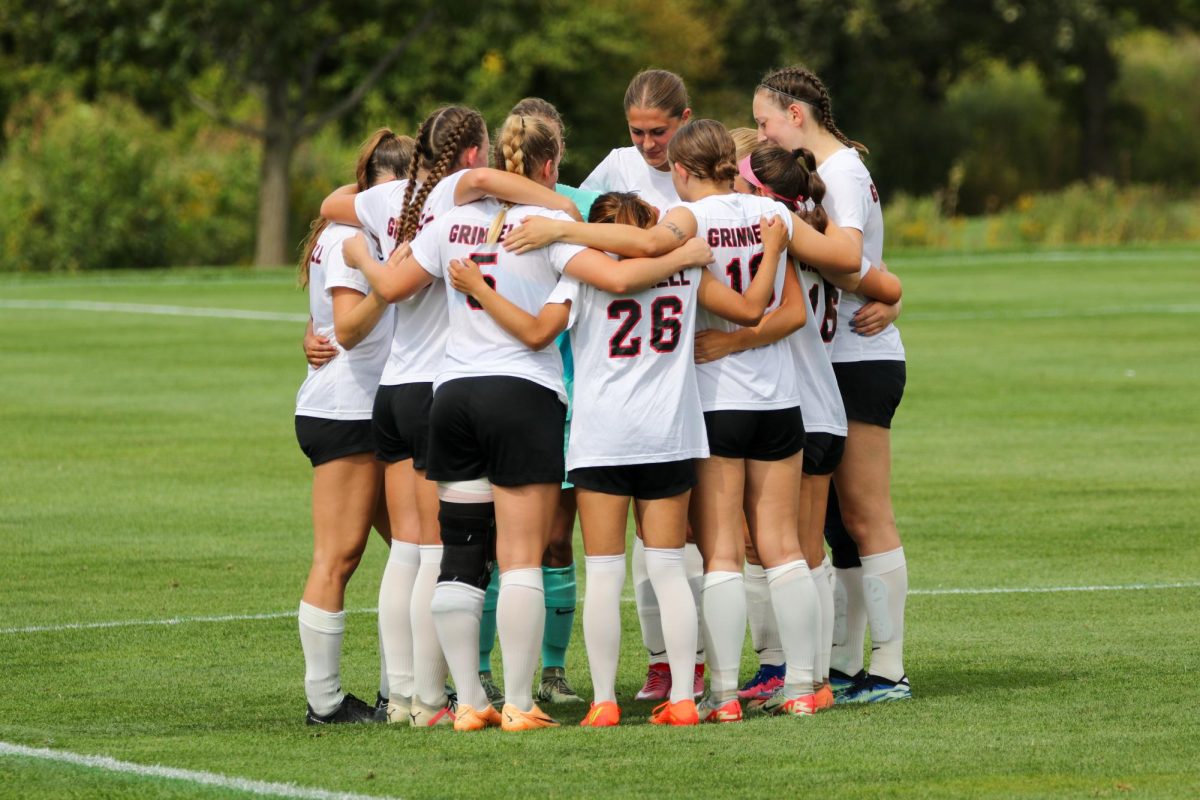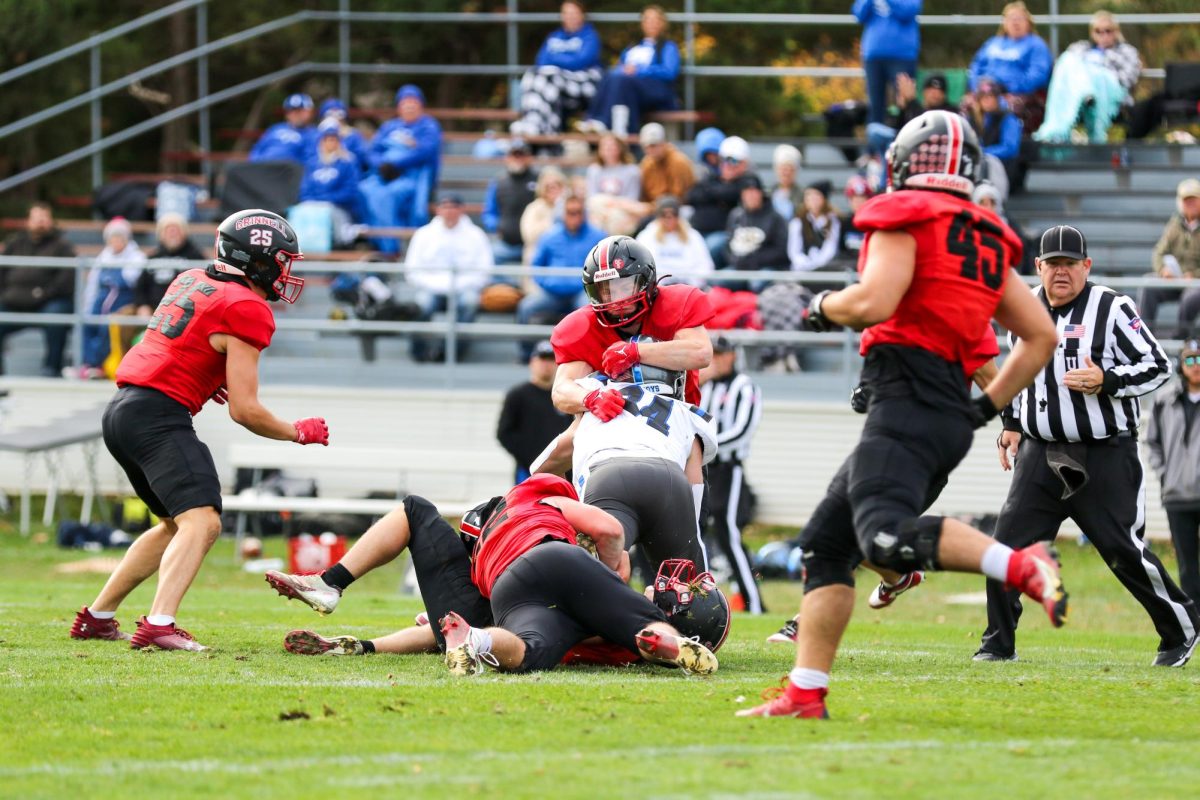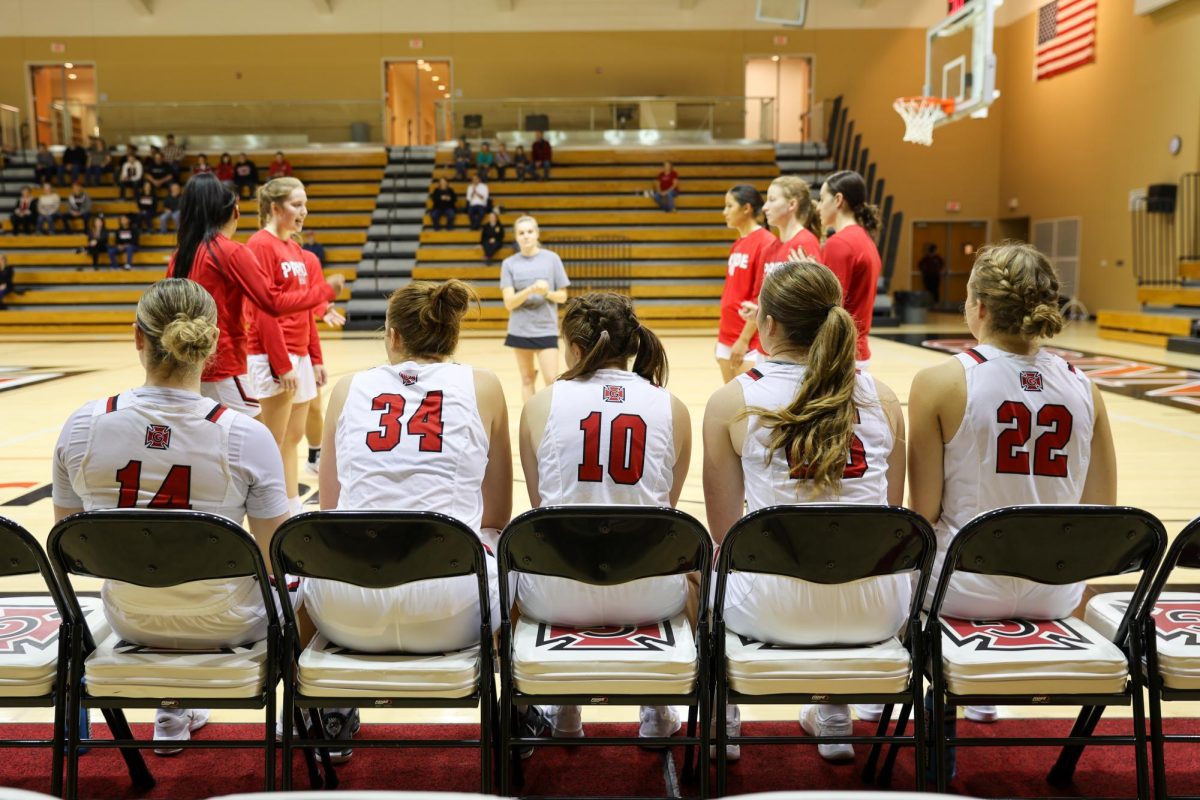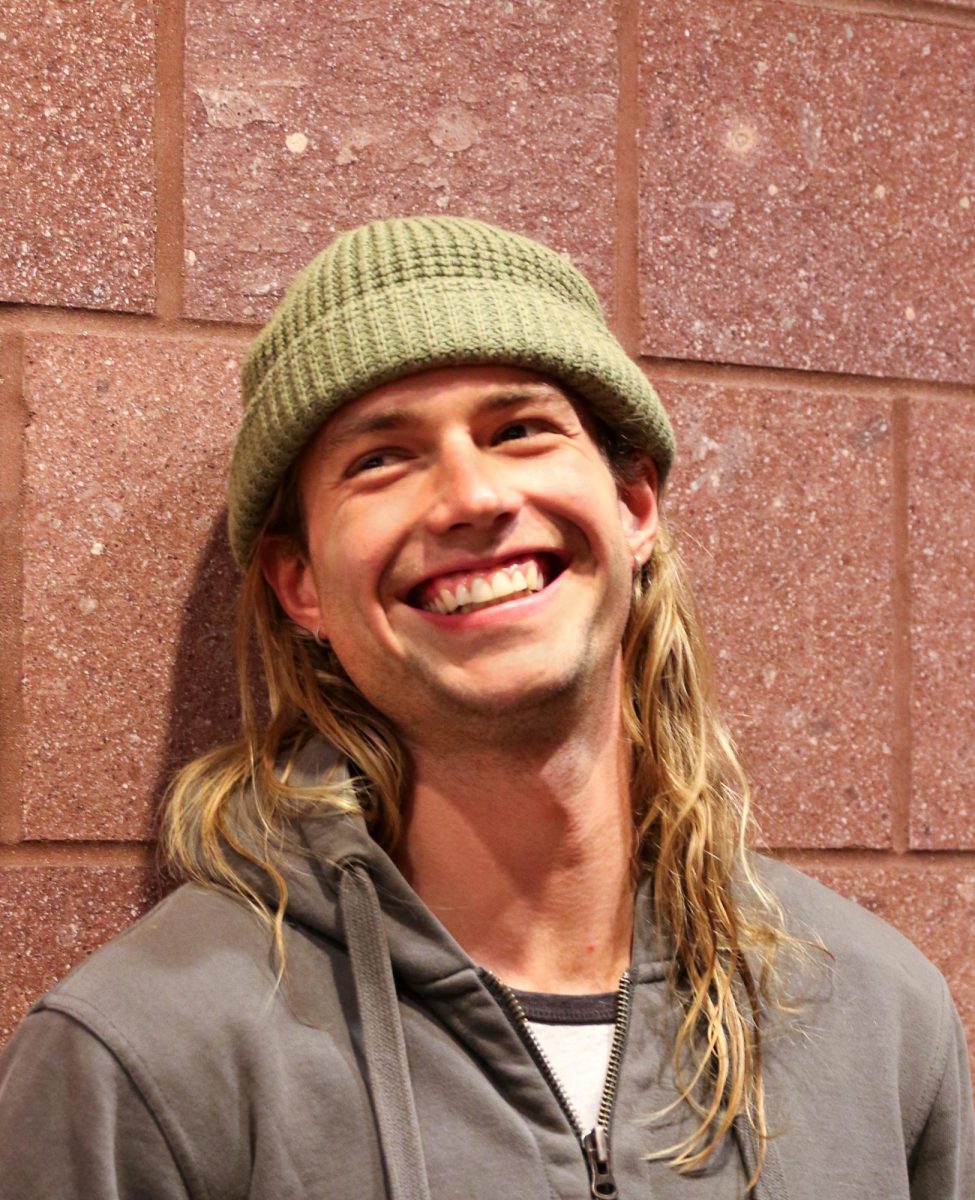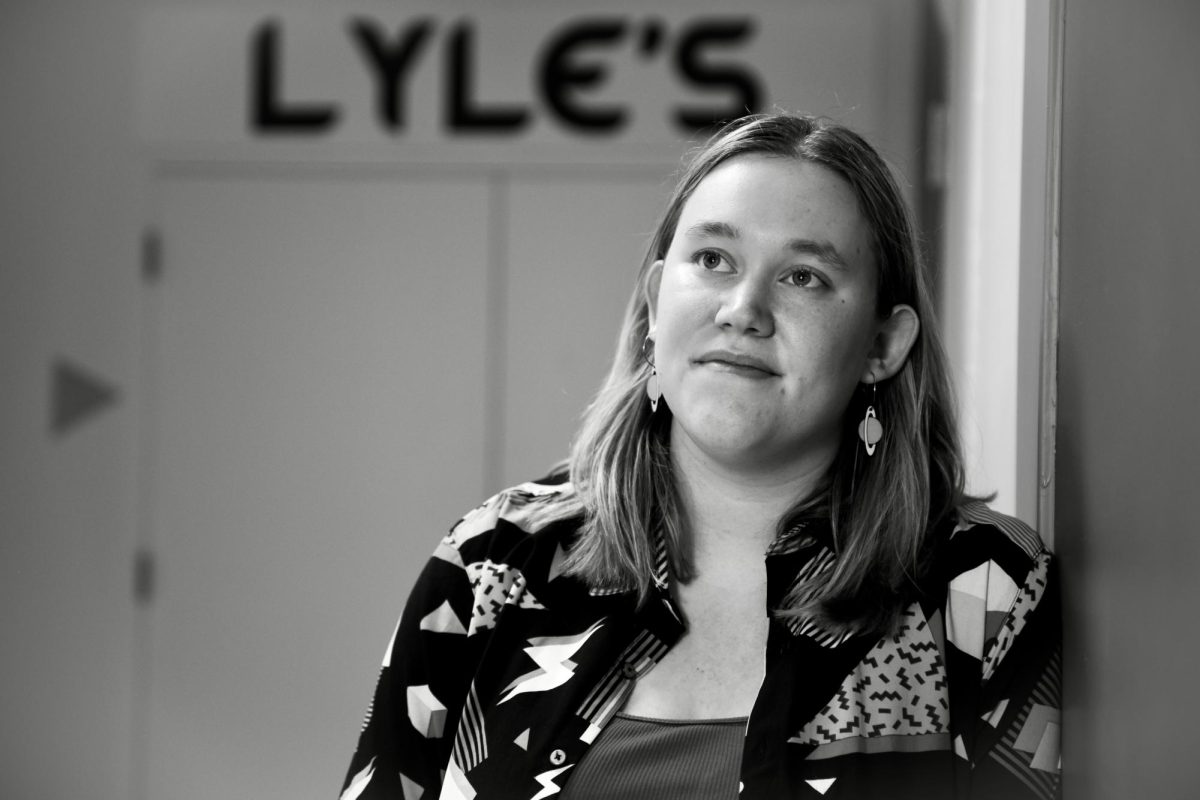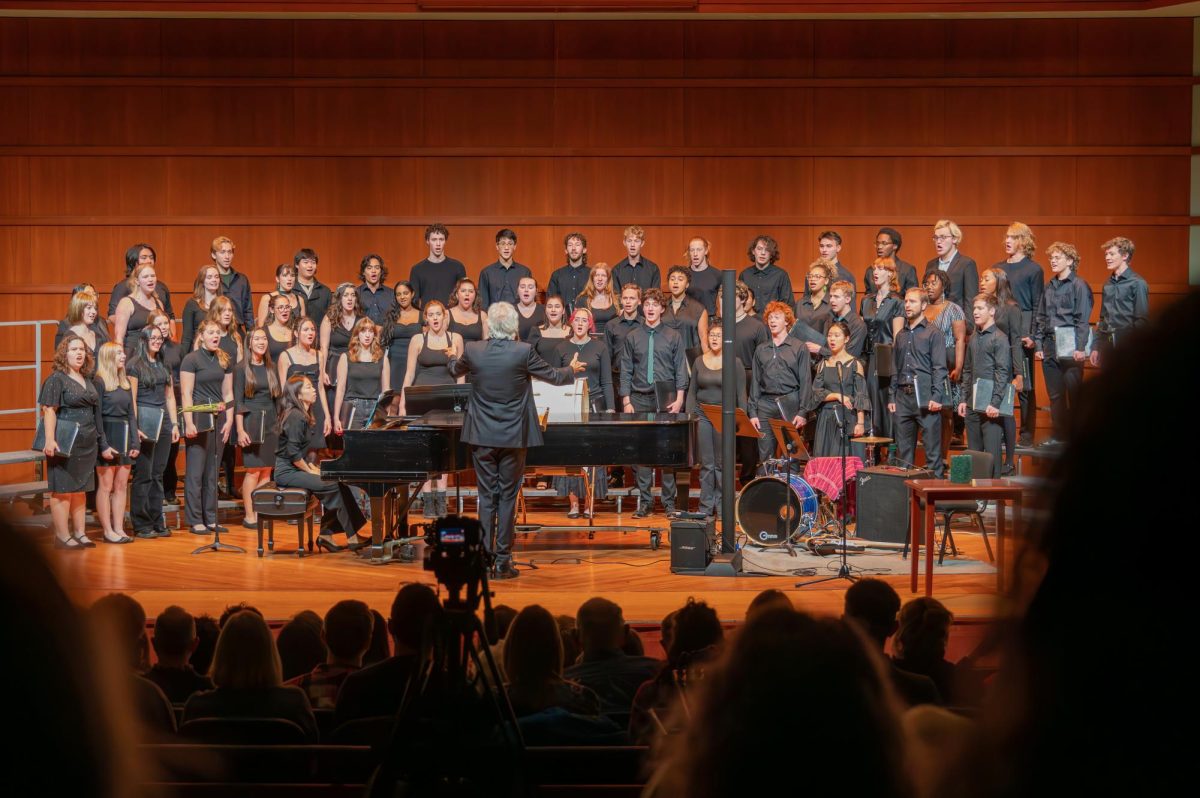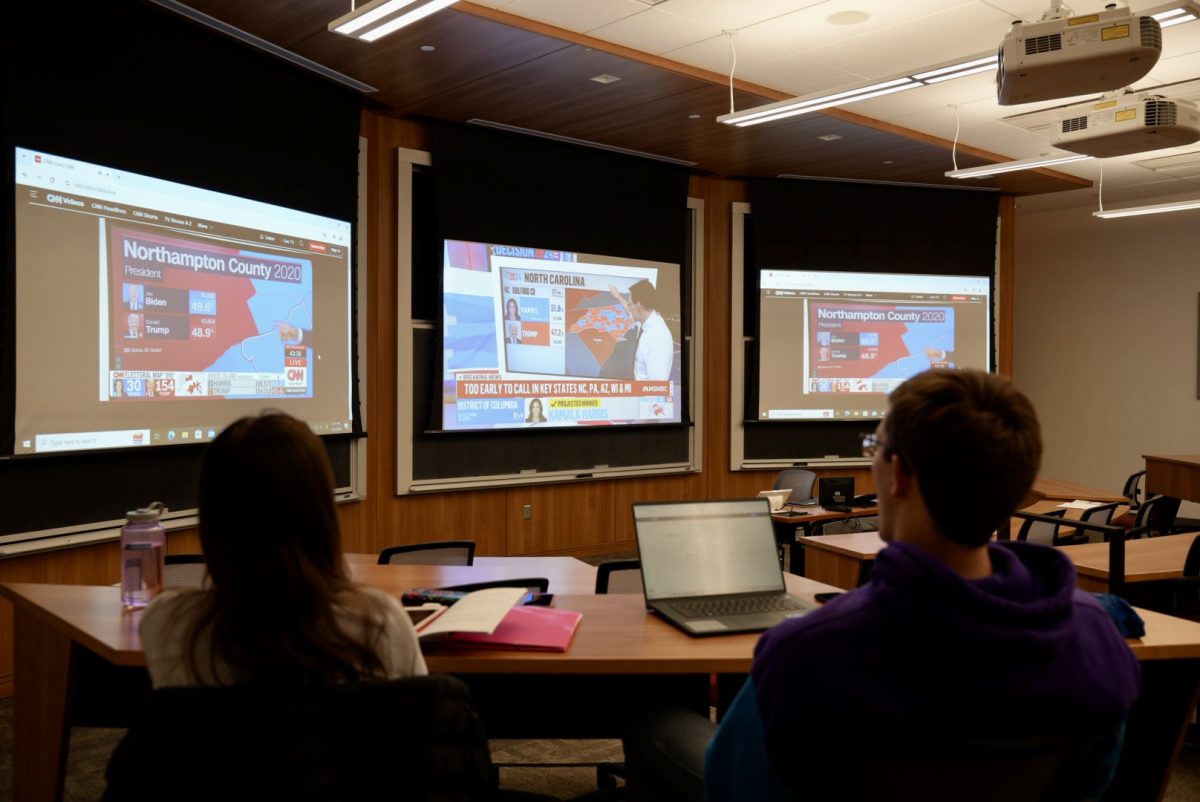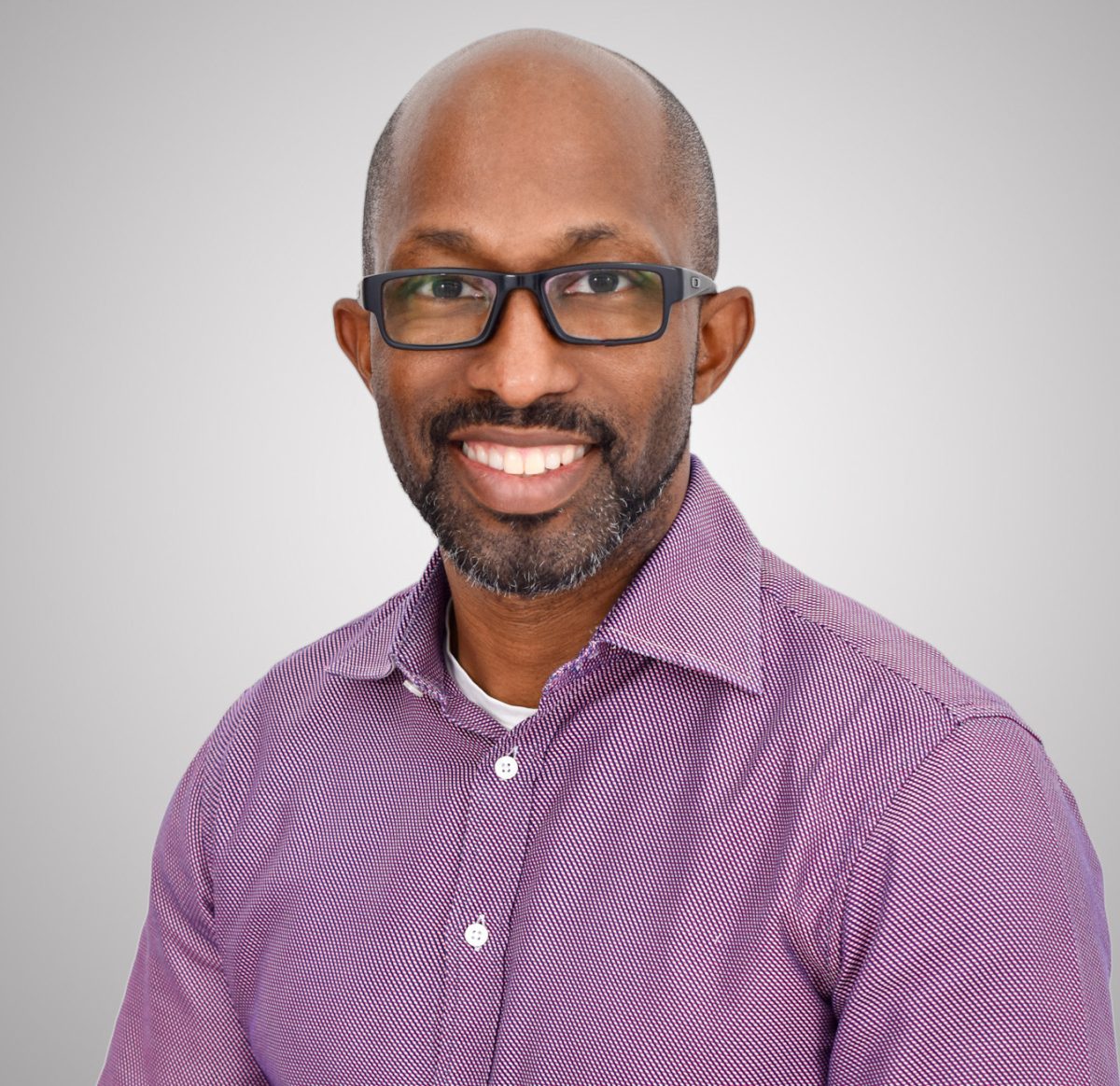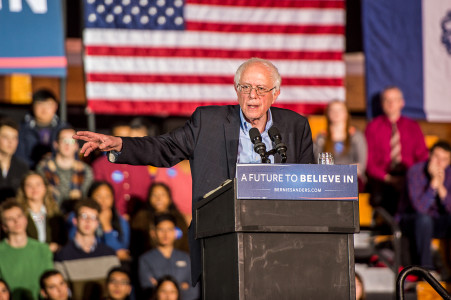
Students, faculty and community members flooded Grinnell College’s Darby Gym on Monday, Jan. 25, to listen to Sen. Bernie Sanders address Iowans before the caucus on Monday. Once seen as a long-shot in his bid against Hillary Clinton, Sanders is now within striking distance with the latest polls showing both candidates in a deadlock for Iowa’s delegates.
“Are you guys ready to make a political revolution?” Sanders opened his speech.
During his speech, Sanders strongly encouraged everyone to participate in the caucuses and the democratic process.
“Democracy is not a spectator sport,” he said, citing the statistic that 80 percent of young people did not vote in the last election. “Democracy means your right to stand up and fight for what you believe in.”
Sanders outlined the pillars of his campaign, comparing many struggles for rights throughout American history, including the abolition of slavery and the women’s suffrage movement, to his own goals and the demand for an economic revolution. He suggested that his campaign would build on this legacy to continue to fight for the rights of underprivileged Americans.
Sanders also called upon the Republican discussion of family values. He argued that Republican candidates use “family values” to push their own social agendas by preventing same-sex couples from marrying and restricting access to reproductive healthcare.
In response to much criticism on his ability to navigate foreign policy, Sanders weighed in on foreign wars, specifically his plans for the future of the Middle East. Sanders said that under his administration, he would provide support for Muslim soldiers on the group to tackle terrorism rather than the more direct American intervention seen under Obama.
In response to criticism that he lacks Clinton’s extensive foreign policy experience, Sanders has argued that a candidate’s sense of judgment and ability to make decisions should outweigh their years on the job. Professor H. Wayne Moyer, Political Science, seems to agree.
“Hillary does have some advantages in that she knows most of the world leaders, she knows their strengths and their weaknesses … but the judgement issue is critical, too,” Moyer said. “I do have some concerns—I’d like to see more experience … On the other hand, he has much more experience than Barack Obama had.”
Sanders also has students thinking hard about his positions on various issues.
“Criminal justice reform is really important to me, and I think he’s by far the most prepared to handle criminal justice reform, and the most responsive,” said Anna Schierenbeck ’18, who serves as the Communications Director of the College and Young Democrats of Iowa.
Still, Schierenbeck says that Sanders isn’t the perfect candidate for her.
“[Primary and secondary] education is really important to me,” Schierenbeck said, adding that this is an issue frequently left out of the discussion.
“I would have liked to hear him talk a little bit about what he thinks about Common Core and how to improve that,” she said.
For other students, the choice between Sanders and the other candidates is obvious.
“I think it’s a very clear question about which direction the Democratic Party wants to go,” said Dhruv Gupta ’17, President of Grinnellians for Bernie Sanders. “Does it want to stay corporate democrats—corporate liberals—in which we put big business ahead of people, or do we want to go in the direction of having government ensure that wealth is redistributed, [ensuring] that liberal ideals and human rights are protected?”
